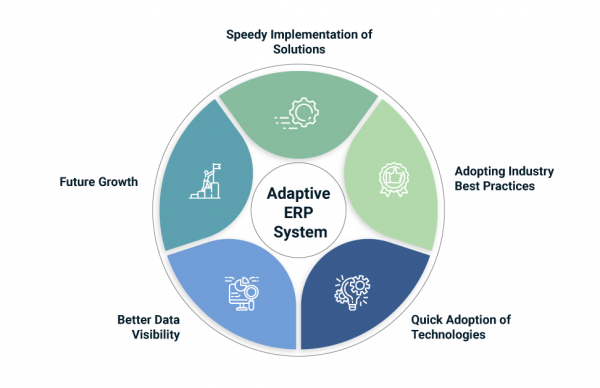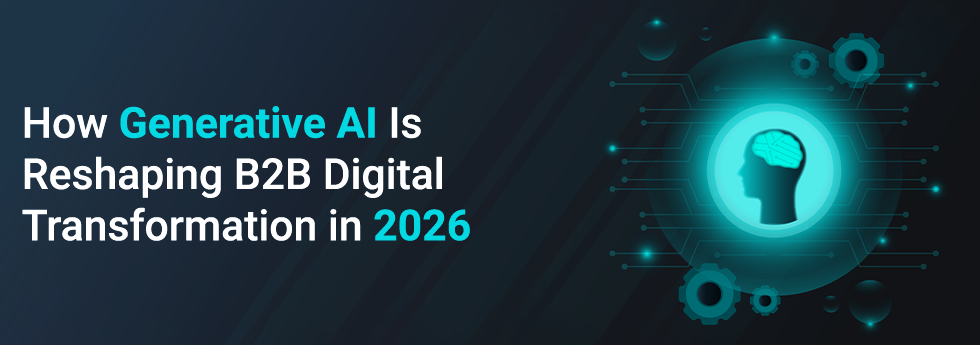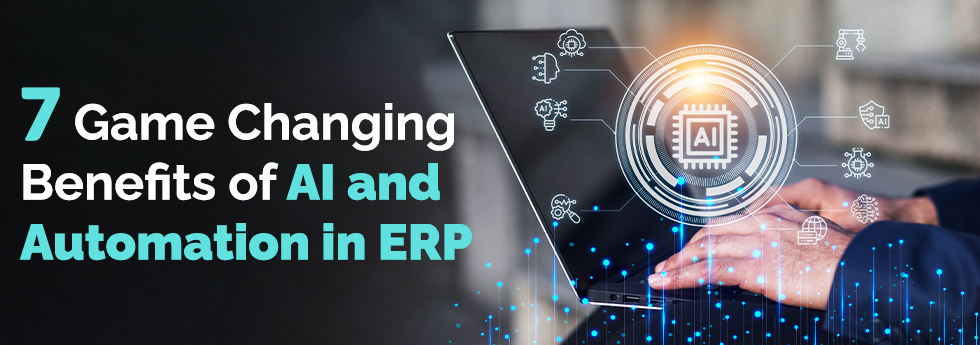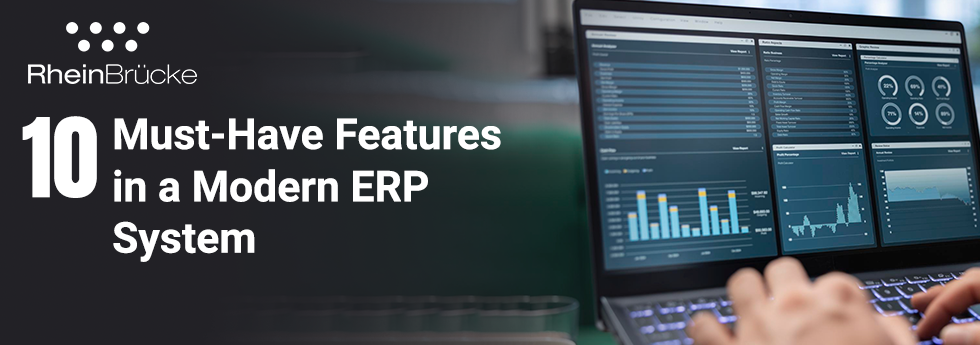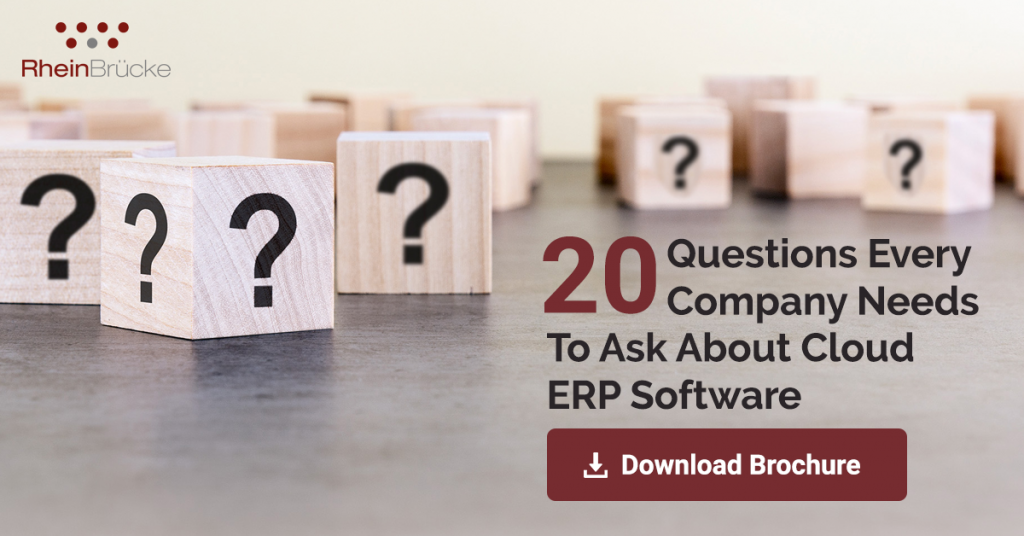
In this dynamic business environment, there is a need for the organization’s ERP system to be adaptive to changing business requirements. These needs must be recognized and fulfilled efficiently to attain a competitive advantage.
What is Adaptive ERP?
A Forbes article by Scott D Anthony confirms that “indeed, for leaders to thrive in today’s constantly disruptive way of life, they must be transforming today’s and tomorrow’s businesses.” A new era of ERP, known as Adaptive ERP is evolving, which is probably where the future of ERP is heading, under which the entire IT infrastructure must be redesigned.
Adaptive ERPs are Next-generation ERP systems that can play a key role in enabling businesses to implement smart technology to solve business problems. While legacy ERP systems may not be designed to adapt to smart technologies available today, an adaptive ERP enables businesses to recognize new technologies and leverage them for business advantage and perform on-demand actions to meet business needs in real-time.
According to Deloitte article on ERP Industry 4.0, the following are the demands on ERP systems as per the new era;
Technical requirements:
- Simplification of the data model that would enable timeliness of data
- Decentralized data management to store the data in different systems
- Exchange and processing of data for better integration
- Data delivery within the short response time
- Improvement of human-machine interaction
- Generation of new information
- Reduction of errors and increase in efficiency
Process requirements:
- Bi-directional exchange and usage of data
- Horizontal integration eg. With suppliers and customers
- Graphical data input and output
- Generation of intelligent reports
- Decision support
The new ERP system must have following features:
- Mobile: Businesses must be able to access the data from anywhere.
- Role-based: ERP system must provide the data and information according to the task.
- Personalized: The system must provide cater to individual needs.
- Agile: It should be quick and provide results immediately.
- Simple: The system must be simplified which would increase efficiency and reduce errors.
Following are some of the areas where adaptive ERP can give a boost to business performance and productivity.
5 Major Reasons for Choosing an Adaptive ERP System
#Reason1 – Speedy implementation of solutions:
These days the companies do not want to spend much time on lengthy solution implementation cycles. The solutions that have high project costs, IT frustration, and long downtime do not seem lucrative to the businesses. Hence, ERP systems that have these characteristics need to be changed to ERP systems that could deploy the solutions more rapidly. If solutions are implemented quickly, they tend to be more attractive to businesses, as they would save time and cost both.
#Reason2 – Adopting Industry Best Practices:
An industry is affected by various factors, like customer demands, competition, digital transformation, and others. These factors lead to changing industry needs, which need to be handled within organizations. The business must check their operations, whether they are suitable and growing with the changing environment or not. Adaptive ERP would help these firms to stay up to date with the current industry requirements and standards.
#Reason3 – Quick adoption of Technologies:
New and advanced technologies are budding in this progressive era, like, Internet of Things, machine learning, artificial intelligence, data lakes, and others. Adaptive ERP gives us the advantage of utilizing and adopting these upcoming technologies to the fullest. The success of any organization depends on how well they are able to get the maximum out of existing as well as forthcoming technologies. The companies which get this success mantra are able to outperform their competitors.
#Reason4 – Better data visibility:
The volume of data has grown tremendously over the years and organizations must think of various ways to improve the usability of this big data. In order to have the best advantage of the data available, it is essential to have an ERP system that can aggregate this data in real-time and from different platforms. This would improve data accessibility and ultimately improve business performance.
#Reason5 – Future Growth:
Systems that do not adapt to changing business requirements slow down an organization; ergo it is essential for an ERP system to be adaptive. It should produce the results that are required by an organization at the lowest cost possible. An ERP system should also be flexible enough to allow organizations to rapidly extend their businesses and create new opportunities for themselves. An adaptive ERP system must facilitate the future growth of any business.

